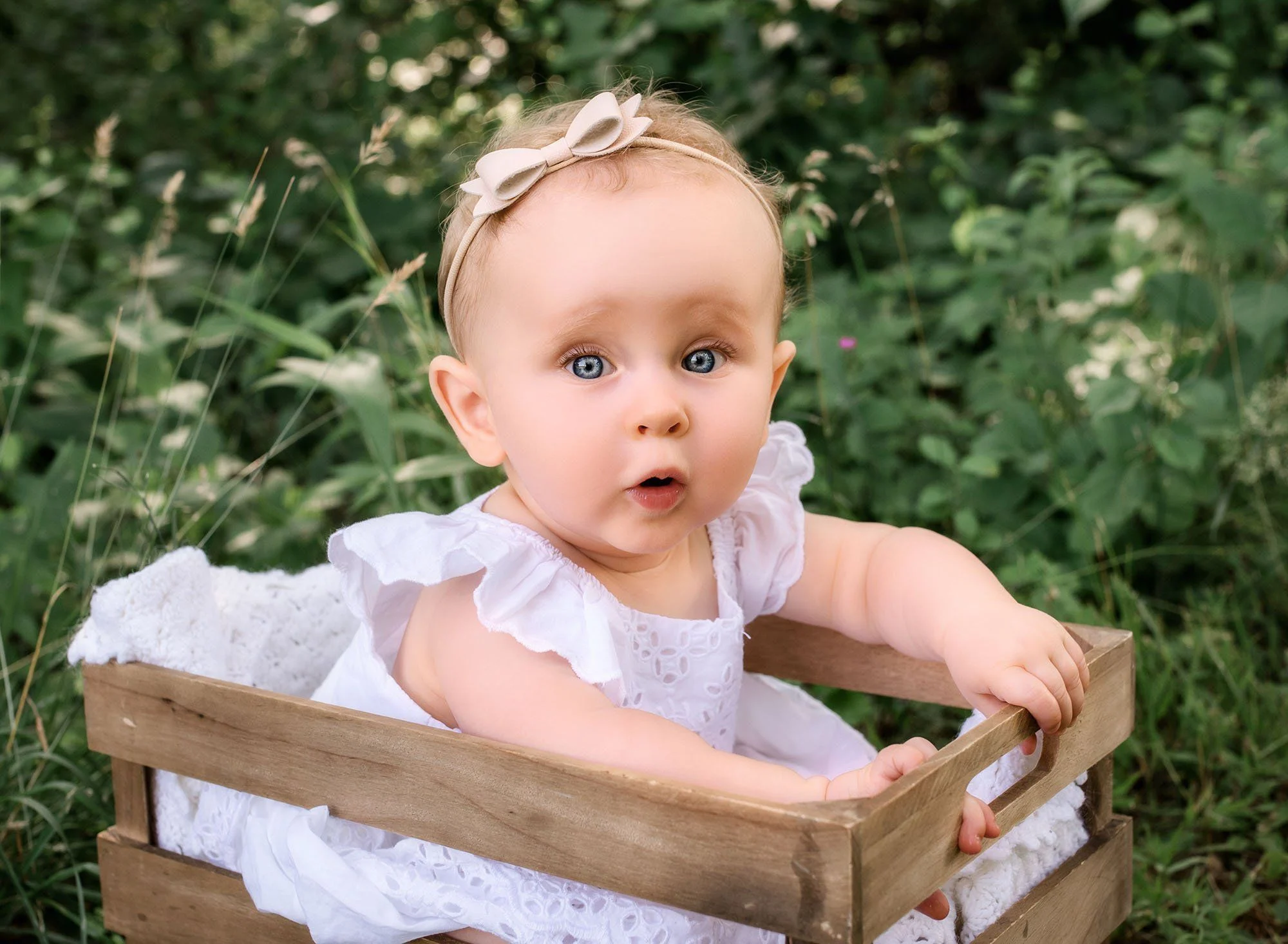When I was pregnant with my daughter, I asked my four-year-old son, “How do you feel about sharing your mom and dad with a new sibling?” His response was unexpected: “Not good.” He quickly dashed off to climb the jungle gym, but I tucked his answer away. Although he was excited about having a sister—his dream come true—I hadn’t realized he was also starting to grapple with the changes that were coming.
Once his sister arrived, he embraced her as if she had always been part of our family. He marveled at her tiny features, gently touched her cheeks, and eagerly read stories to her while she lay in her bassinet. He truly was the ideal big brother.
That is, until she began crying, moving around, and snatching his toys. As she transitioned into toddlerhood, her demands only intensified—hitting and the occasional biting when she didn’t get her way. She was small and naive, yet she had a strong desire for what she wanted. “Just give her the blue cup,” I’d urge my son, knowing he didn’t care much, but she certainly did.
Being the firstborn must be tough. I recognize this as a parent. He often finds himself in trouble for simply standing up for himself. I know he wishes he could just build his Legos in peace without a toddler interrupting him. He’s constantly reminded to include her, to be the mature one, even when all he may want is to express his frustration.
His needs frequently take a backseat to hers, as her cries are louder and more immediate. He’s expected to manage his emotions better, while our family activities now revolve around her learning—every bike ride and swim day is focused on her progress. My son has to be her teacher, playmate, and role model.
For the most part, he handles it well, but guilt sometimes sneaks in when I see her, blanket in hand, curling up in my lap. I glance at him over the cereal bowl and wonder if he misses those quiet mornings alone with me, those five years when he was my sole focus. Does he feel any resentment toward his sister?
Yet, I see him beam with pride when she accomplishes something new—taking her first few pedals without training wheels, recognizing letters in books, or mastering “supercalifragilisticexpialidocious.” In those moments, he looks at me as if to say, “Look how amazing she is!”
So, I choose to release that guilt. His sister is enriching his life in ways I hadn’t anticipated. She instills a sense of pride in his own abilities and strengthens his familial connections. They share giggles over silly jokes, build blanket forts together, and she adores every leap and bound he makes. The joy she brings him far outweighs any challenges.
And let’s not forget, he gets all the new bikes, so that helps level the playing field a bit.
For more parenting insights, check out this post on letting go of guilt. If you’re exploring home insemination options, consider looking at this fertility booster for men, which might be useful. Additionally, for more information on pregnancy and home insemination, visit this excellent resource.
In summary, while navigating the complexities of parenting multiple children can be daunting, the bonds formed and the lessons learned are invaluable. Embracing the journey helps us shed the guilt and appreciate the growth happening in our family.

Leave a Reply